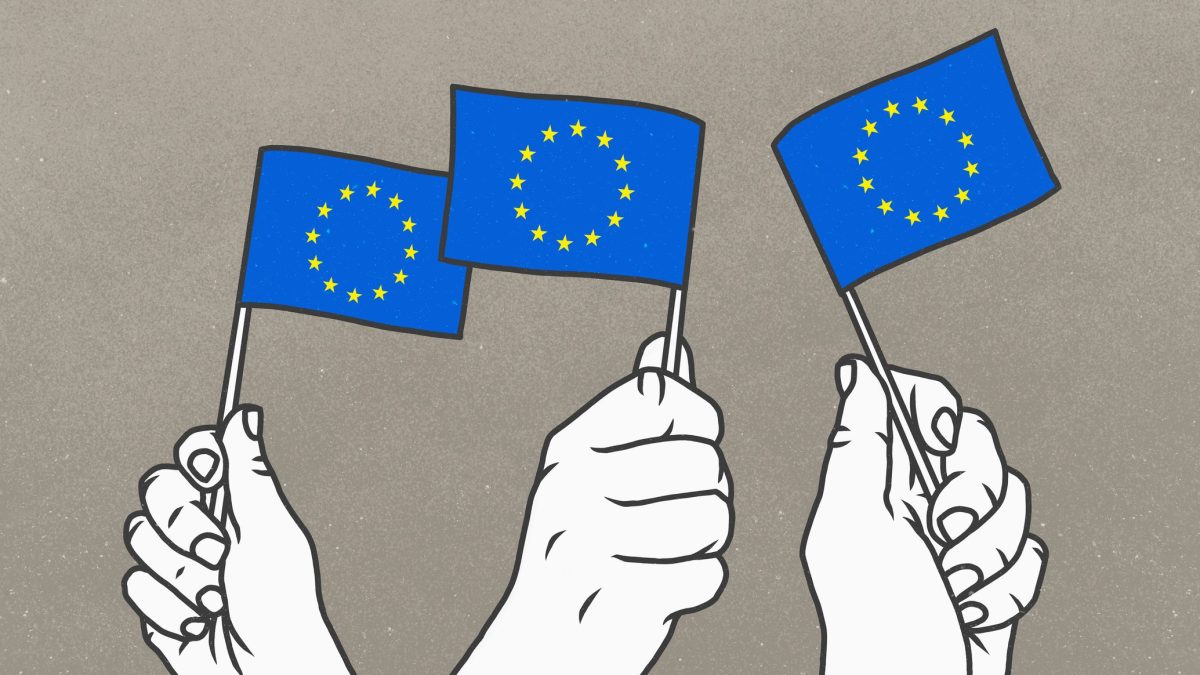Digital Diplomacy: EU Seeks Silicon Valley Insights Before German Electoral Showdown

In a bold move to ensure digital accountability, the European Union is preparing to put major tech giants through their paces with a comprehensive "stress test" targeting compliance with the Digital Services Act (DSA). This rigorous examination aims to scrutinize how well these tech companies adhere to the EU's stringent new digital regulations.
The upcoming assessment will serve as a critical checkpoint, evaluating whether tech platforms are meeting the comprehensive requirements set forth by the Digital Services Act. By conducting this thorough evaluation, the EU demonstrates its commitment to creating a safer, more transparent digital ecosystem that protects user rights and promotes fair digital practices.
Tech companies will be put under the microscope, with regulators carefully examining their content moderation policies, transparency mechanisms, and overall platform governance. The stress test represents a significant milestone in the EU's ongoing efforts to hold digital platforms accountable and ensure they operate with the highest standards of responsibility and user protection.

